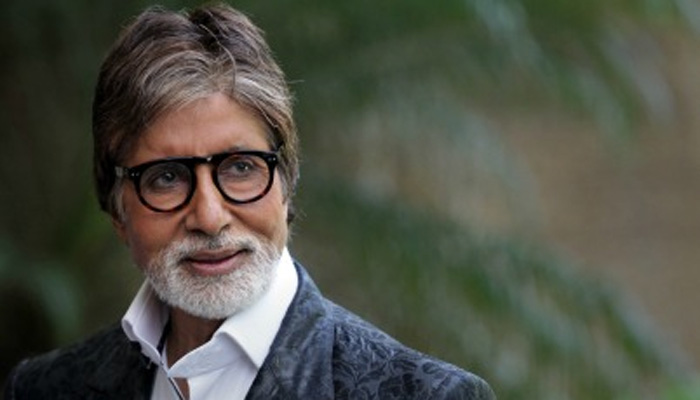Nobody knows exactly how many people were killed, but certainly a huge number of people lost their lives. Independent researchers think that between 300,000 and 500,000 died. The Bangladesh government puts the figure at three million.
The strategy failed, and Bangladeshis are now celebrating the 45th anniversary of the birth of their country. Meanwhile, the first trial of those accused of committing war crimes has recently begun in Dhaka.
On this very day in 1971 Pakistan surrendered to India at Dhaka.
In the nine months since March 25, 1971 – as the Mujibur Rahman-led Bangladesh liberation struggle got transformed into a war of independence, ending on December 16, 1971, with the emergence of the former East Pakistan as the sovereign, independent Peoples Republic of Bangladesh – the Pakistani Army’s campaign of massacre and mass rape became the unmarked and un-wept genocide of the 20th century.

Little do we know that Mascarenhas’ reportage played its part in ending the war. It helped turn world opinion against Pakistan and encouraged India to play a decisive role.
Not that Mascarenhas intended to start this war. He was “just a very good reporter doing an honest job,” says his editor at Sunday Times, Harold Evans.
As Mark Dummett reported, Pakistan, at the time, was run by the military, and Mascarenhas knew that he would have to get himself and his family out of the country before the story could be published – not an easy task in those days.
“His mother always told him to stand up and speak the truth and be counted,” Mascarenhas’s widow, Yvonne, recalled (he died in 1986). “He used to tell me, put a mountain before me and I’ll climb it. He was never daunted.”
























